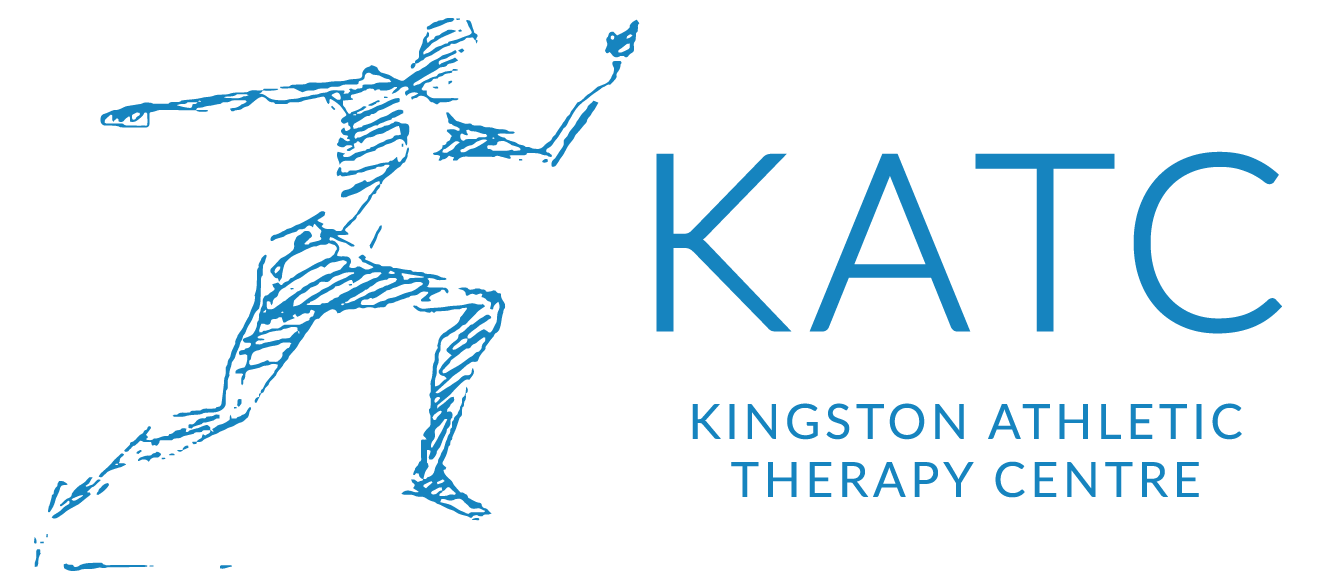Concussion
Management
How We Can Help You
Recovering from a concussion can be difficult and frustrating, and we’re here to help! Our trained Shift Concussion Management Providers use the best available concussion research and management strategies to provide a multifaceted approach to assessment and management of concussions.
People are affected by concussions differently and, as such, require individualized care. Individualized client treatments are determined through a series of tests which will ensure a safe and effective strategy for returning to work or play.
Using management strategies to reduce your symptoms, we help to expedite your recovery as much as possible. We use a variety of techniques ranging from soft tissue and cranial sacral therapies to symptom-based exercise prescription to aid with your recovery.
How do I know if I have a Concussion?
A concussion is a common head injury, also known as a mild Traumatic Brain Injury (mTBI). It often results from a blow to the head, face or jaw, but can also be from a hard fall on the tailbone or a whiplash mechanism. A concussion is evident from a variety of symptoms caused by an alteration in brain function/energy.
There are many different systems a concussion can affect, and each has its own challenges and symptoms. Your therapist will work to identify the type or types of concussion you are suffering from so they can provide you with specific treatment, tips and resources to help you recover as quickly as possible.
Ringing in the ears
Confusion
Poor coordination or balance
Irritable, sad, or emotional
Easily distracted
Trouble falling asleep
Common Symptoms May Include:
Headache
Dizziness
Nausea
Feeling “foggy”
Seeing flashing lights or stars
Light or sound sensitivity
Blurred or Double Vision
Trouble focusing on objects or words
If you are experiencing any of the following symptoms, go to the ER or visit a doctor ASAP:
Neck pain or tenderness
Seizure or convulsion
Double vision
Loss of consciousness
Weakness or tingling/burning in more than 1 arm or in the legs
Deteriorating conscious state
Vomiting
Severe or increasing headache
Increasing restless, agitated or combative
Visible deformity of the skull

